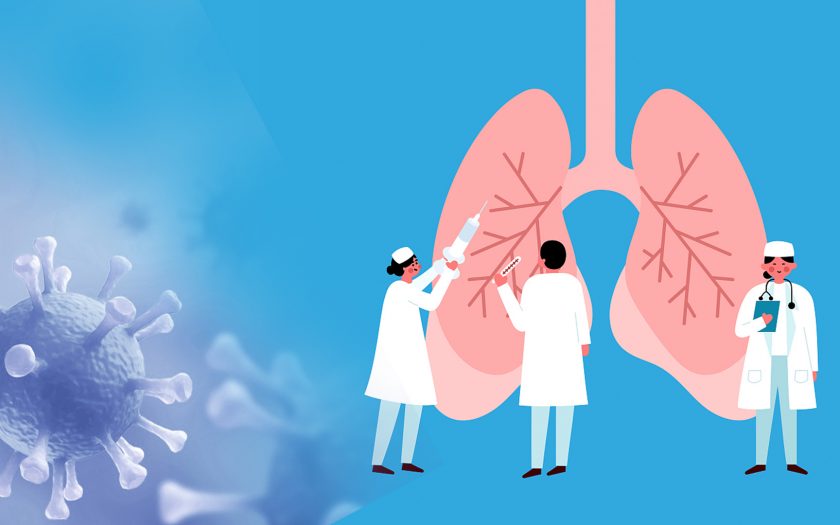During a COVID-19 pandemic, it is important to know not only how not to become infected with the coronavirus, but also how to treat and recover. In this article you will find some important tips to help you quickly return to a full life after the illness.
Imagine that after a few weeks or even months of feeling weak, fever, muscle aches, poor appetite, loss of taste and smell, and possibly pneumonia, you finally get the desired negative PCR test or just run out of self-isolation. But new difficulties appear.
It takes a lot of effort to climb the stairs or do the simplest homework you’ve done in 15 minutes. And if you go back to work and then see the thermometer again at 37.3, the panic begins: “Am I sick again? Did I get the coronavirus again? Why am I so tired? And why don’t I still smell and taste it?” There are other questions that often confuse a person.
Body temperature
Indeed, in many people after the coronavirus for the next few weeks (and sometimes up to a month), there is a so-called subfebrile temperature (increase in body temperature in the range of 37.2-38.0 ° C). This is due to the weakening of the body after a long struggle for health. Doctors advise to control the temperature, but not to lower the subfebrile temperature with antipyretic drugs. It is necessary to be in constant contact with the family doctor and if necessary, to take a blood test to determine a new bacterial / viral infection. If the temperature is 38 or higher, take Panadol or Brufen-400 and contact your family doctor immediately.
Restoration of the sense of smell
The sense of smell after Covid returns on its own in about 2 weeks, sometimes recovery takes up to a month. In cases of prolonged olfactory loss, additional treatment may be required. But remember: treatment can only be prescribed by a doctor (general practitioner or ENT)! No self-medication! You can also “train” olfactory receptors by sniffing odors (such as coffee, spices, perfumes) once a day – and assess changes in sensations.
Breath
Doctors advise people who have had lung damage (especially those who have been treated in hospital), breathing exercises. It does not require excessive exercise and can be performed even by the elderly and the weakest patients. They can be done sitting or lying down.
Nervous System
Many people say that after the disease they develop symptoms of the nervous system. Someone has fears, panic attacks, unreasonable anxiety, someone has worse sleep or insomnia, someone becomes irritable, someone has memory problems, etc. With such a postcovid state it is difficult to live and work, so the best solution will be a wellness weekend.
Food
A depleted body needs a balanced diet: seasonal vegetables and fruits, greens, enough clean drinking water – a reasonable alternative to taking pills, and it is scientifically proven. However, taking vitamins “just in case” is not worth it. In addition, they are prescribed only by a doctor – after the fact established by the analysis of the lack of certain vitamins and trace elements.

